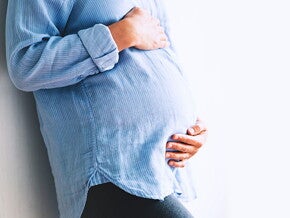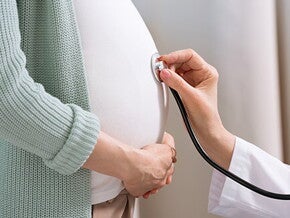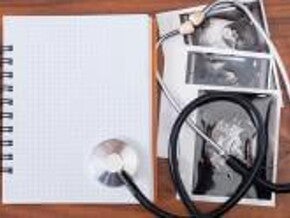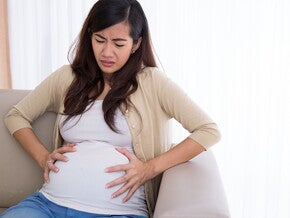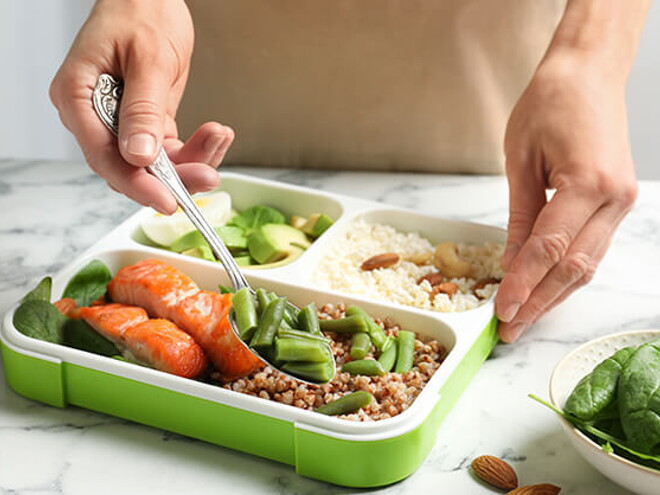
WEEK 10 DEVELOPMENT
You may have been jumping for joy over your pregnancy half an hour ago and then suddenly seemed worried. Yes, the mood swings during the first trimester can be quite impressive. If you have been suffering from mood swings or feeling unwell, this will likely soon resolve. In the second trimester, which is just about to start, hormone levels become more balanced again. That’s when most mums experience a feeling of calmer wellbeing.
Your little darling is really starting to resemble a little human being. His face finally looks like one, with everything in place. His head is still very large, much bigger than the rest of his body, but he can turn it. His body has lots of muscles and can wave his arms and legs, though not coordinated. In his abdomen, his over-sized liver is forming many of his red blood cells.
NUTRITION
This week we are calling your attention to good, old-fashioned protein. Are you getting enough each day?
A building block of your child’s body, protein helps to develop almost everything from muscles to collagen. During pregnancy, your protein needs increase from about 50g to 71g per day. To put that in context of what’s on your plate, a boiled egg has about 7g of protein, a 30g portion of cheese and a 240ml cup of milk each has 7-8g, and an 85g fillet of salmon contains 23g. So, one egg can give you about the same amount of protein as 30g of meat, fish, or cheese, or a glass of milk. Protein is essential for both you and your growing child. Although no single food of plant origin contains all of the essential amino acids, vegetarian diets can provide various vegetable-sourced proteins. Eating different types of plant-based proteins at the same meal, such as some combinations of grains, legumes, and nuts can provide a mix of all the essential amino acids. If dairy and egg proteins are part of your diet, all of the essential amino acids can also be provided. Make sure you let your doctor know if you are following a vegetarian or vegan diet.
TIPS
Can I eat fish while pregnant?
It is quite possible for pregnant women to eat fish as part of a balanced diet, as it is an excellent source of protein. However, some fish have highly concentrated levels of mercury, a pollutant to which the nervous system of the foetus is particularly sensitive as it develops. That’s why it is suggested that pregnant women do not consume: swordfish, marlin, siki (from the shark family), tilefish, and some types of king mackerel. The list of other fish to avoid varies by region and may include some common species of tuna, eel, bream, skate, and mullet. Check with your doctor to be sure.
In general, fatty fish, such as salmon and sardines, are recommended for diets of women that are pregnant. These fish provide DHA (docosahexaenoic acid), an omega-3 fatty acid that helps support your child’s brain and eye development. But picking up fish products from the frozen aisles where they’re often battered or breadcrumbed isn’t as good as choosing healthier lean-protein versions such as salmon fillets or white fish. Getting enough DHA can be tricky, so if you’re unsure – or you’re not a fish fan – speak to your healthcare provider about a supplement containing DHA. If you are thinking about how your intake of fish might influence risk of allergy in your developing child, know that current research indicates that healthy pregnant women can include foods such as milk, eggs, fish, nuts, or wheat in their diets with no increased risk of allergy for their children.








